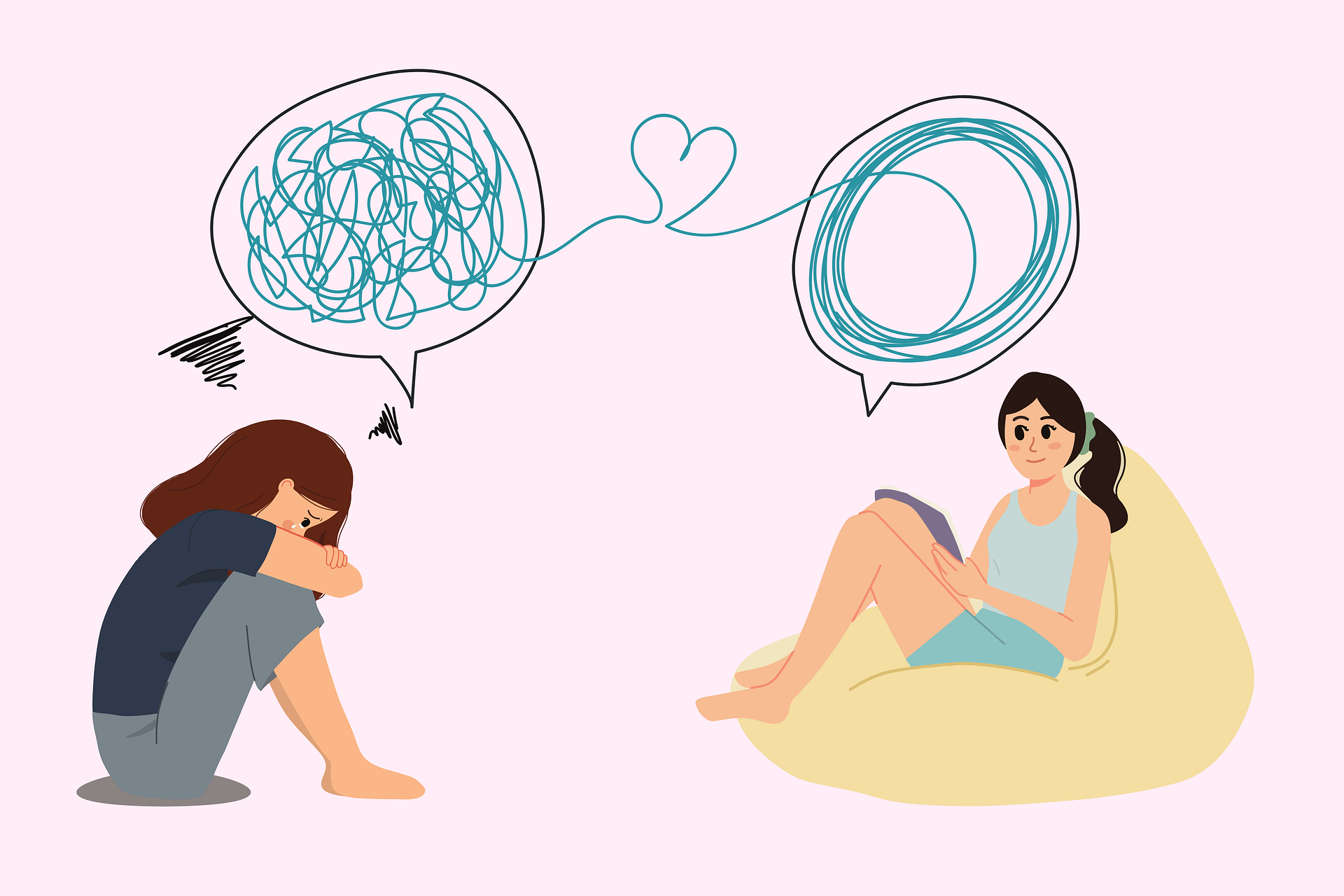Support mental health care in Alberta
What does mental health mean in general, to you specifically, and to your community?
According to the World Health Organization, “Mental health is a state of mental well-being that enables people to cope with the stresses of life, realize their abilities, learn well and work well, and contribute to their community. It is an integral component of health and well-being that underpins our individual and collective abilities to make decisions, build relationships and shape the world we live in. Mental health is a basic human right. And it is crucial to personal, community and socio-economic development.”
Most of us are unclear about the different types of mental health services on offer. For example, what is the difference between a psychologist, a therapist, and a counsellor?
Let’s start with psychologists. They are professionals regulated by provincial and territorial bodies, specializing in mental health assessment, diagnosis, treatment, and consultation. Educational requirements include four years as an undergraduate, followed by up to six years in a specialized graduate or doctoral program. They must also complete supervised clinical practice hours, ethics exams, and a national licensing examination.
Next, we have therapists. These clinicians include a variety of practitioners, such as social workers, family therapists, and those with graduate or doctoral degrees in psychology. They generally engage in long-term work, treating ongoing mental health concerns and symptom management. Some (but not all) are registered with and regulated by the Canadian Counselling & Psychotherapy Association.
Finally, we have counsellors. Like therapists, counsellors are not currently required to register with a professional regulatory college. They may have an undergraduate degree and/or a certificate or diploma in counselling. Counsellors tend to focus on solutions such as establishing and meeting specific treatment goals. Sessions are usually short-term, responding to specific life challenges and their impact on an individual. Examples include career counsellors, addictions counsellors, and grief counsellors. Some (but not all) are regulated by the Canadian Counselling & Psychotherapy Association.
Some mental health services are available under the public system; however, most Albertans have difficulty finding appropriate therapeutic services. Most treatment takes place in private facilities, creating an immediate financial barrier for those seeking services. If you do get a referral through a Primary Care Network (PCN) via Alberta Health Services, you may still end up on a wait list. Stephen Jay Gould, an American paleontologist, evolutionary biologist, and science historian, eloquently wrote, “I am, somehow, less interested in the weight and convolutions of Einstein’s brain than in the near certainty that people of equal talent have lived and died in cotton fields and sweatshops.”
This brings us back to well-being. Indian philosopher Jiddu Krishnamurti provided food for thought when he said, “It is no measure of health to be well-adjusted to a profoundly sick society.”
Well-being is more than how we feel about ourselves, our lives, and our ability to navigate society and engage in work or other (paid or unpaid) labour. Neither the federal nor provincial governments have committed to robust, consistent funding of mental health services.
As a society, if we are serious about reconciliation and inclusion, we must focus on meeting essential needs, including access to mental health services. Finding affordable therapy is a difficult process even for those who are well-resourced. At what point do we decide that letting folks struggle for no reason is a detriment to society?
Imagine what the world would look like if funding spent on policing was instead spent on robust, wrap-around programs. The past few years in North America have seen cities stripping social support programs to beef up law enforcement budgets. This tells us something about the priorities of both governments and policing as an institution, as I’ve never once needed a gun to respond to anyone in crisis.
It can take years for a mental health professional to be deemed competent to practise independently, and the need to understand and abide by ethical obligations is central to this expertise. The minimum requirement for becoming a police officer is completion of high school, yet police are deemed appropriate emergency responders for mental health crises (often to the detriment of the person in distress). I will explore this dynamic further in another part of this series.
Franki Harrogate is a non-binary Registered Provisional Psychologist who seeks to interrogate and trouble the current frameworks connected to both perceptions of mental health and delivery of mental health services. They reside in Edmonton and enjoy wandering around the Rat Creek green spaces as well as dreaming of and working toward a world built on equity and justice.
WANT TO SUPPORT MENTAL HEALTH?
- Don’t call the police on people experiencing a mental health crisis. Call 211 and press 3 for the 24/7 Crisis Diversion Team.
- Pay for or contribute to someone’s therapy costs, especially marginalized people.
- Write your MLA and Minister of Health asking for more funding for mental health.
- Vote for governments that support mental health funding.







